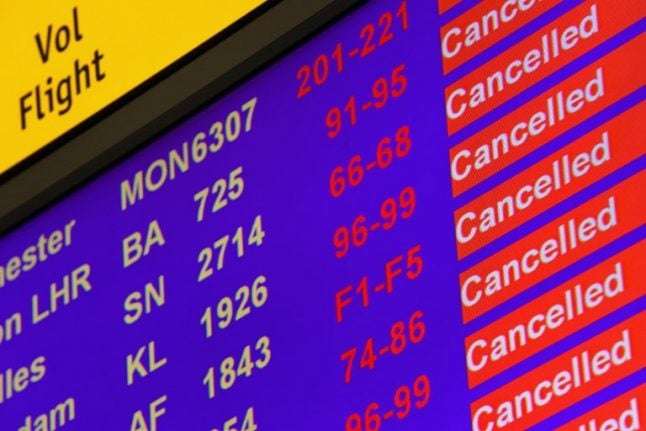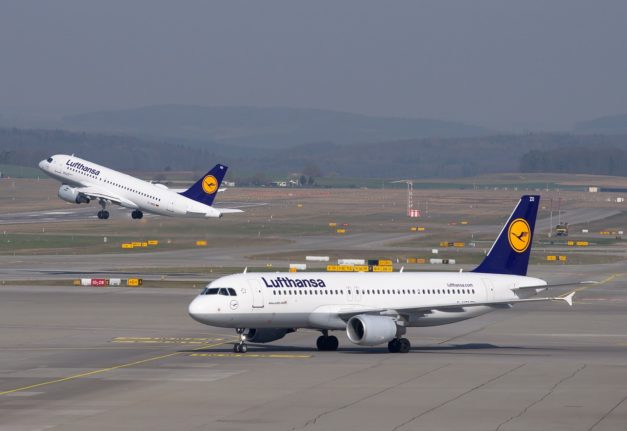The strike by members of Switzerland's Skycontrol union is set to begin on July 23rd, right in the middle of the busy holiday season.
It is set to last a week although the union warns it could go on longer if demands over pay and conditions are not met.
Read also: Passengers 'forgotten' on tarmac at Geneva Airport
Air passengers in the Lake Geneva region would be worst-hit by the strike but it would also affect operations at five regional airports including Bern and Lugano.
The strike would also have an impact on flight operations Europe-wide, according to Swiss daily Tribune de Genève.
The planned industrial action comes after Skycontrol members overwhelming rejected a new collective bargaining agreement with state-owned Skyguide which manages and monitors Swiss airspace.
Skycontrol president Maximilien Turrettini says more air traffic controllers are needed. Meanwhile, union members are demanding 125 days off a year and salary increases of 1.8 percent a year for three years, or an equivalent number of days off.
Strikes are relatively uncommon in Switzerland but unions are known to threaten to down tools as a tactic during negotiations over pay and conditions.
Read also: Swiss police issue warning for parents travelling alone with kids



 Please whitelist us to continue reading.
Please whitelist us to continue reading.